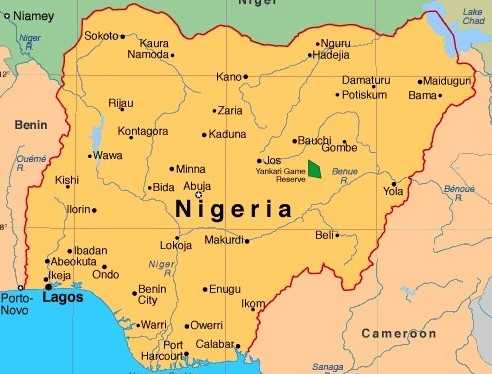As part of strategies to diversify the economy, the Nigerian government on Tuesday said it had the modalities to attract huge export market in $22 billion world coffee market while also providing for local demand of the coffee industry currently put at $60 million.
Part of the modalities, Dokko Ibrahim, director-general, Raw Materials Research and Development Council (RMRDC), said was supporting tea and coffee farmers with global best agronomical practices and assisting them with technical extension officers who would guide them in scientific processing of their products to be able to add value to their local production.
Speaking at the presentation of 5000 improved coffee and tea seedlings to National Coffee and Tea Association of Nigeria (NACTAN) in Abuja, Ibrahim said the agency, having discovered Nigeria’s zero record in coffee production in first quarter of 2015, had decided to support coffee farmers with improved seedlings, in addition to guiding them with global best practices.
Represented by Abimbola Ogunwusi, director of agricultural production and productivity in the council, the director-general said the council would be providing the farmers with key scientific competencies to be able to generate close to $60 million in the coffee farming business.
“We will monitor them closely. By next year, if we see improvement in what they are doing as we guide them, we would give them more seedlings to ensure we keep bridging the gap,” he said.
In his submission, Danjuma Buta, representative of Mambilla Tea Farmers, at the event, assured, “With the improved seedlings and technical support from RMRDC, the tea and coffee farmers could add value to their products and bridge the import gap while supplying raw materials to the beverage industries in the country.”
The main coffee growing states in Nigeria are: Taraba, Plateau, Adamawa, Oyo, Osun, Ondo, Ogun, Lagos, Edo, Kwara, Kogi, Niger, Kaduna, Benue, Cross River and Akwa Ibom.
It would be noted that coffee plants are cultivated in over 70 countries, primarily in equatorial Latin America, Southeast Asia, Maldives and Africa. It is one of the most widely consumed beverages around the world with an estimated 3.5 million cups of coffee consumed worldwide daily.
As world coffee output continues to increase, Nigeria’s production continues to dwindle. For instance, statistics from RMRDC shows that between 2010 and 2015, about N1.5 billion worth of coffee products were imported into the country.
According to the United States Department of Agriculture (USDA), Nigeria produced 35,000 60kg bags of coffee in 2014, representing an increase of 16.67 percent over 300000 60kg bags recorded in 2013.
However, the country recorded zero percent in coffee production for the first four months in 2015, despite coffee consumption increase in Nigeria


















